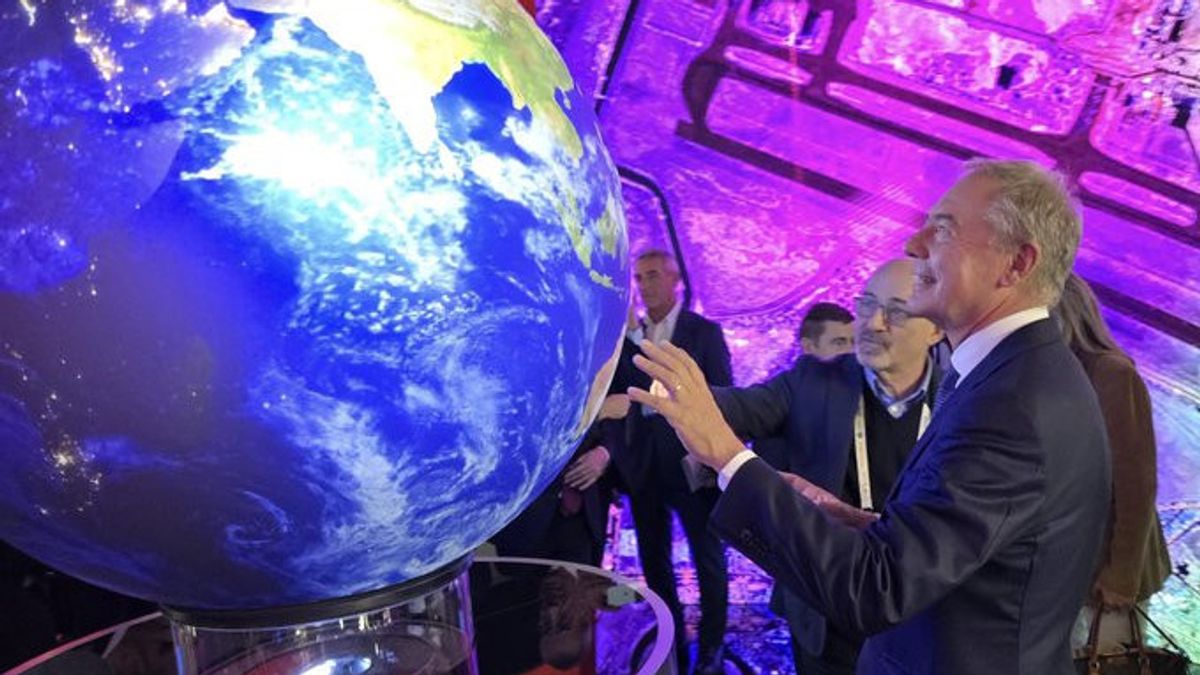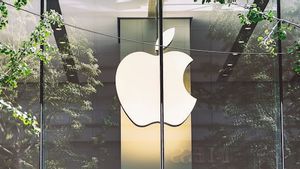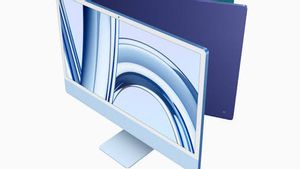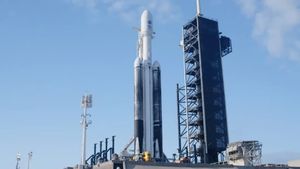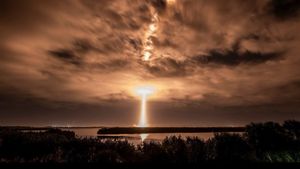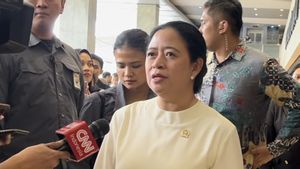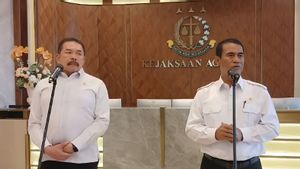JAKARTA Space agencies from around the world gathered in Milan this week, amid geopolitical competition that has sparked a new race in Earth orbit and on the Moon. The private sector plays a major role in following Elon Musk's development of SpaceX, which dominates the industry.
The International Astronautical Congress (IAC), which has been held since 1950, has become a place for scientists, engineers, companies and political leaders of space countries to discuss cooperation, even amid heated tensions between world powers.
At this year's conference, two major competitors, the United States and China, will be under one roof. However, the Russian Space Agency, Roscosmos, was not officially present due to isolation from the West following Moscow's invasion of Ukraine in 2022, highlighting a new dividing line in space cooperation.
Most of the 77 member states of the International Astronautical Federation (IAF), IAC organizers, are here to discuss lunar exploration, NASA's Artemis program, as well as Europe's need to have more independent space access.
According to IAF President Clay Moscow, the number of technical papers submitted this year reached a record 7,197, of which 37% were presented by young students and professionals. "This is the most exciting time in the world of outer space since the Apollo era in the 1960s," Moscow said, quoted by VOI from Reuters.
NASA administrator Bill Nelson is expected to garner support for the agency's strategy in replacing the International Space Station (ISS) after retiring in 2030. The station, which has been operating for more than two decades, has become a symbol of space diplomacy led by the United States and Russia, despite conflicts on Earth.
NASA, which invests billions of dollars in the Artemis Moon flagship program, seeks to maintain its presence in low-Earth orbit to compete with China's Tiangong space station, which astronauts have occupied for three years.
The United States and China are also racing to land humans on the Moon this decade, which will be the first landing since the last Apollo mission in 1972. Both rely heavily on private companies for their space program, forming the destinations of small countries' space agencies.
SEE ALSO:
The IAC also comes as Italy's parliament begins approval of the country's space industry regulatory framework, which will establish rules and responsibilities for private investment in the sector. Italian Industry Minister Adolfo Urso called this rule a guide to achieving national goals and ensuring sustainable use of space.
With competition from SpaceX and geopolitical tensions, Europe is forced to change its priorities in terms of rocket launches and satellites. SpaceX, through the Falcon 9 rocket, has become the mainstay of Western countries for space access, encouraging countries to support new companies that can provide rockets at a more affordable price.
Meanwhile, the European satellite manufacturing industry is facing pressure as the market for large geostationary satellites is reduced, with the presence of satellite constellations in low orbits like SpaceX's Starlink
The English, Chinese, Japanese, Arabic, and French versions are automatically generated by the AI. So there may still be inaccuracies in translating, please always see Indonesian as our main language. (system supported by DigitalSiber.id)
